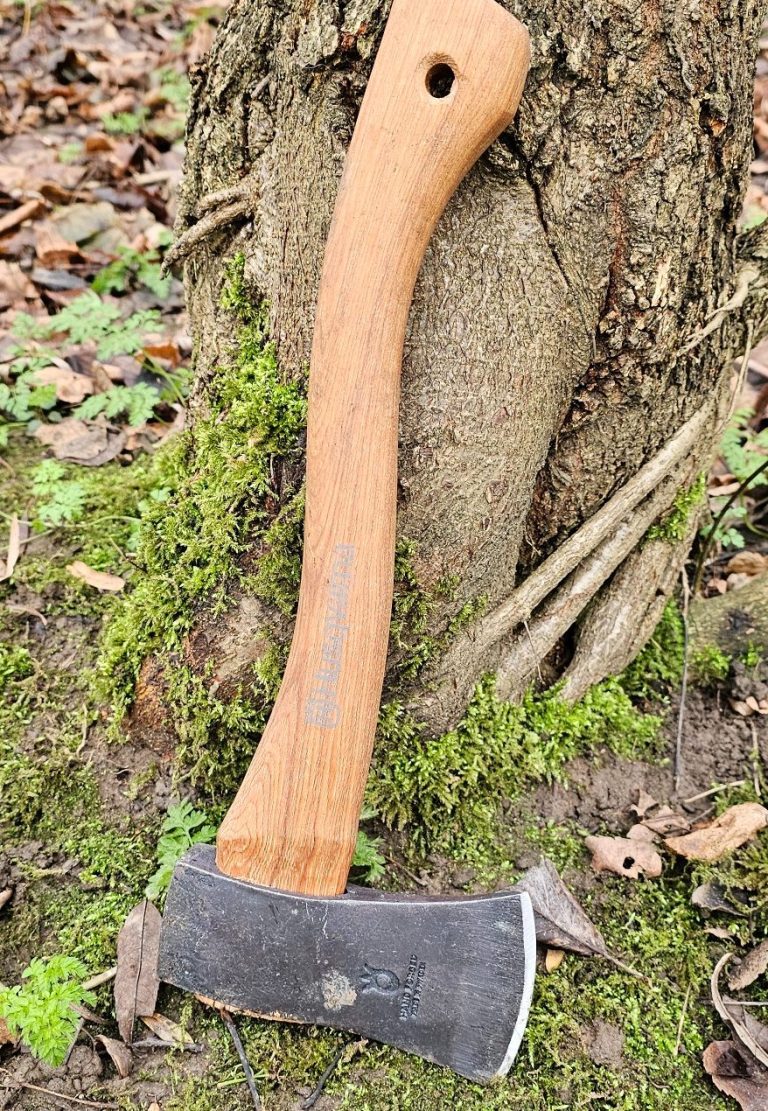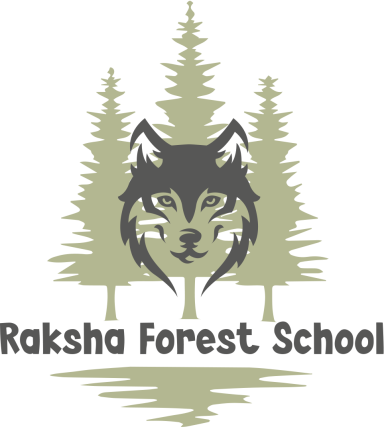Clothing & Kit List
Being prepared for your woodland visit is very important. It is essential that you wear the correct clothing and have the right equipment with you when you visit the woodland. Please use the below checklist to assist when preparing for your visit.
Remember if your child does not wear the appropriate clothing they will not be allowed to attend the session.
Clothing
- Trousers – Ensure trousers are hardwearing and warm. Choose ones that won’t matter if they get dirty. Alternatively wear waterproof trousers over the top.
- Jumpers/Tops – It is advisable to dress in a number of different layers, which allow for adjustment depending on the temperature. Layers help to retain or reduce heat. Thermal underlayers should be worn in winter and long-sleeved cotton in summer.
- Footwear – Should be hardwearing and warm. Walking boots or wellies with good grip and thick socks are advisable. Do not wear flip flops or sandals (even in hot weather)
- Waterproofs – In wet weather waterproof outer coat and over trousers should be worn or available to put on in the event of rain.
- Hats/Scarf & Gloves – Essentials during the winter months & cold weather. (Try to avoid knitted gloves where possible, these become cold when wet). In the summer months a sun hat is advised to stop burning.
- Spare Clothing – In wet / cold weather it may be useful to have additional layers. Some activities in the woodland may dirty your clothing therefore you may wish to change.
Kit
- Water – Bring water or a drink with you It is important to stay hydrated all year round, especially on hot days. Please bring in a sealed and named bottle.
- Sunscreen – An essential item during summer months to prevent burning. On hot/sunny days please put on sunscreen before attending the session.
- Torch – During the winter months late afternoon/evening sessions may mean limited light therefore it may be useful to have a torch with you.
- Snacks/Food – Dependant on how long you are in the woodland, you may wish to bring snacks or a meal with you. Please do not bring nuts and do not share food with others in case of allergies.
- Medication – Medical equipment is kept on site at all times, however if you have a specific medical condition please bring your own medication. This must be labelled with your name and make sure your medical form is fully completed.
- Rucksack – You will need something to keep all your kit and food in, therefore please bring a rucksack, preferably waterproof to keep your kit dry!
Risk Assessments & Safety Information
The Forest School handbook contains the risk assessments for the Forest School and its activities. These will be updated as necessary & consider seasonal change and weather conditions. In addition, the site will be assessed before each session starts.
The health and safety of the children and adults is paramount throughout any activity and session. Safety practice is reinforced though regular reminders for example “123 Back to Me” used to regroup the children quickly for any reason. An integral part of the Forest School experience is that children will experience the outdoors in all weathers. Apart from high winds and thunderstorms, please assume that your child will be outside when they take part in Forest School, even if it is a shortened session.
Insurance and policy details for all the Forest School activities are included within the handbook. A copy of our schedule of insurance and public liability certificate is available which you are welcome to read through.

Tool Use
Using a small hand tool is an important part of Forest School as it enables the children to develop new, practical skills that help them to develop self-confidence. Over time, the children will learn to use various tools such as vegetable peelers (for whittling), the bush craft knife and a bow saw. An inventory of tools will be maintained, and all tools will be checked, cleaned and stored in a secure box at the end of a session to ensure they remain safe to use. Rules are set out clearly at the beginning of each session for the children to understand and ask questions before they use the tools.
Fire Safety
A small campfire is an integral part of all Forest Schools. We will occasionally use a fire for some sessions usually at the end of a block of sessions. Fire safety is therefore as extremely important aspect of the Forest School. The key points on fire safety are:-
- Fire will only be lit in the designated area.
- The fire area is enclosed by a square of logs to prevent the spread of fire.
- Children are seated in a log circle 1.5 meters away from the fire. Children are not allowed to walk across the circle, if they get up to move, they step back out of the circle and walk around the outside.
- Fires will only be lit by an adult; Children may be allowed to feed the fire under 1:1 supervision and following strict rules.
- Fire will always be supervised by the Forest School leader when lit and will never be left unattended.
- There will always be a fire bucket of water and a fire blanket by the fire circle.
- The children will be taught and reminded of the log circle rules form their first visit to Forest School:- Stand behind the log, step over the log and sit down on the log, stand up, turn around and step over the log.


Cooking & Eating
The following principles will always be followed;
- Everyone should wash their hands before handling food and drink (using anti-bacterial wipes and gel)
- All food is stored in an airtight container.
- Only clean equipment is used.
- All staff will have a copy of special dietary needs of children with food allergies and any medication will be in the forest school leader’s bag.
- Food will be cooked correctly.
- All equipment and waste is cleared away from the woods.
In Case of Emergency
If there is an injury to children or adults:
All staff are trained in first aid
- The staff who are not involved in the first aid will ensure the safety of the other children in the group.
- Emergency services will be alerted if necessary
- Accident forms will be completed and you will receive a copy
- Parents will be informed.
It is essential that we have up to date contact details for all parents/carers and all emergency contacts. A consent form must be completed and signed prior to your child attending Forest School.


Environmental Consideration & Conservation
One of the principles of Forest School is to promote environmental awareness. The children are taught about respect and responsibility of the world around them. Both the children and adults are encouraged to respect their environment and to be aware of conservation issues of the woodland around them.
We will promote the respect for wildlife and each child will be responsible for their own rubbish to teach them about the impact on the wildlife and our environment.
We also encourage children not to pick flowers/plants/trees, due to safety and environmental consideration. Where possible, and if appropriate, reclaimed, recycled and sustainable resources will be used to maintain and develop our Forest School site.
©Copyright. All rights reserved.
We need your consent to load the translations
We use a third-party service to translate the website content that may collect data about your activity. Please review the details in the privacy policy and accept the service to view the translations.
